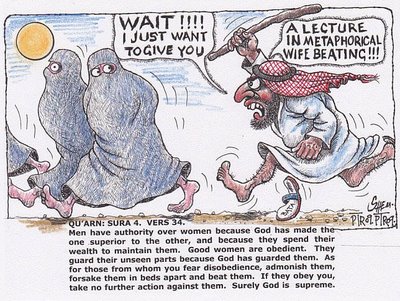
Human Rights in Saudi Arabia is criticized by many Human Rights Groups or organizes for there lack of enforcement of Human Rights that they have ratified from the UN. Saudi Arabia has signed or ratified some of the UN Human Rights conventions or treaties, the Convention on the Prevention and Punishment of the Crime of Genocide in 1950, the International Convention on the Elimination of All Forms of Racial Discrimination in 1997, the Amendment to article 8 of the International Convention on the Elimination of All Forms of Racial Discrimination in 2003, the Convention on the Elimination of All Forms of Discrimination against Women in 2000, the Convention against Torture and Other Cruel, Inhuman or Degrading Treatment or Punishment in 1997, the Convention on the Rights of the Child in 1996, the Amendment to article 43 (2) of the Convention on the Rights of the Child in 1997, the Optional Protocol to the Convention on the Rights of the Child on the Sale of Children, Child Prostitution and Child Pornography in 2010, the Convention on the Rights of Persons with Disabilities in 2008, the Optional Protocol to the Convention on the Rights of Persons with Disabilities in 2008. It is unclear if they have ratified the Universal Declaration of Human Rights.
Women’s rights are still poor in Saudi Arabia despite the ratifying the convention for women’s rights, but they have improved a decent deal over the last decade or so. In 2009, for the first time a woman was appointed to the cabinet for Deputy Minister for Girls' Education by King Abdullah and also women can now hold commercial licenses. However, by no means are women now treated as equals to men, they still cannot vote, legally drive a car, travel inside or outside the country without a male relative, and many laws discriminate against women. Sectarian tensions were a very big concern, because of the religious police attacking Shiite pilgrims in Medina in February of 2009. This triggered some unrest in the Shiite community in the Eastern Province to the point where political activists were threatening violence if the government did not do something about the protection of the Shiite people. The freedom of religion is none existent in Saudi Arabia, all Saudis must be Muslim by law. However the government does recognize the right to practice other religions in private but that right is not really carried out. No political parties are permitted in Saudi Arabia, so parties have to go outside the country and to oppose the government from a foreign country, most in London. Corruption is another problem in Saudi Arabia, some foreign companies have reported having to pay off government officials or other people just to get deals or move the company into the country. Saudi Arabia is by far not a free country, and does not enforce the Human Rights acts it has ratified. Some improvement has happen but the country has a long ways to go.


No comments:
Post a Comment